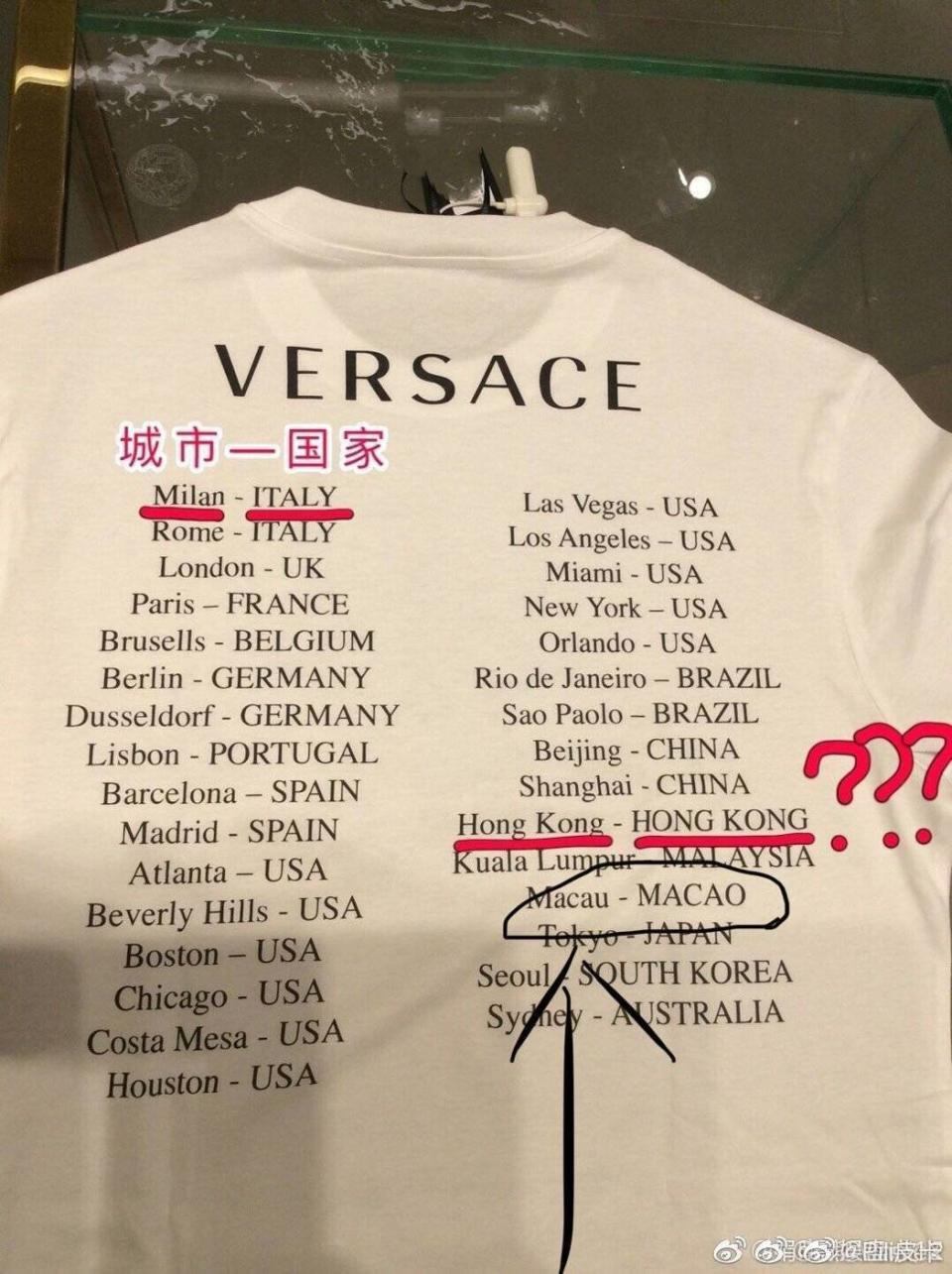China’s Proposed Ban on Clothes That ‘Hurt Nation’s Feelings’ Sparks Online Debate

LONDON — A proposed law change in the People’s Republic of China, which could enable authorities to ban any speech and dressing deemed “detrimental to the spirit of Chinese people,” has sparked lively debate on social media.
The new clause in the Penalties for Administration of Public Security law states that those who wear or force others to wear clothing and symbols that “undermine the spirit or hurt the feelings of the Chinese nation” could be detained for up to 15 days and fined up to 5,000 renminbi, or $680. Such punishments would also apply to those who create or disseminate articles or speech that “hurt the nation’s feelings.”
More from WWD
CEO Talks: Arne Freundt Outlines His Vision for Puma's Next Chapter
China Insight: As Economy Struggles, Fashion Brands Look Overseas for Growth
Atelier Changphel's Quest to Restore Tibetan Rug's Storied Legacy
Some online commentators lamented that the phrasing is vague, and voiced fears that such powers could be abused, while others agreed that such legal reinforcement is needed.
“Do you agree that visiting the Yasukuni Shrine as a Chinese or wearing Japanese militaristic costumes to the Sino-Japanese war memorial hall would hurt China’s national feelings? Or to say that Chinese people deserve to be colonized for hundreds of years? If it cannot be denied, then it proves that national feelings exist and should not be offended,” argued Wang Kai, a lawyer on Weibo.
Eric Young, owner of the Shanghai-based fashion boutique LMDS and founder of the public relations agency SHC Creative, contended that it would be difficult to define what constitutes a dress code that is contrary to national sentiment.
“Unless it’s written clearly about specific styles of clothing with specific cultural meanings. Otherwise, it would certainly cause a lot of ambiguity if it were passed. How would it be enforced? Would it be over-enforced? The German law on the subject also has anti-Nazi revival clauses in it, but I think it’s very specific. I think specificity also helps to preserve the dignity of the law,” Young added.
Yuanqiu Xi, a lawyer and author, urged on Weibo that the legislation must be prudent while the nation’s feelings are protected.
“In the criminal sphere, ’picking quarrels and provoking trouble’ is a pocket crime because its use can be expanded indefinitely, and it has been criticized by both legal scholars and practitioners. This proposed change, when passed, will surely become another pocket clause,” Xi added.
Hong Zhao, a legal expert, wrote on Xiaohongshu that “legal interference with individual freedom is not justified if the state prohibits a certain behavior by means of criminal law or administrative penalties that are not based on legal interests. If legal penalties that are generalized and moralized appeal to abstract notions such as public feelings and social values, the result is not only to condone the abuse of public power but also to transform the criminal law and administrative penalties into tools for the promotion of particular moral notions, thus harming the rights and liberties guaranteed by a state governed by the rule of law.”
He added “If public officials can arbitrarily expand or interpret the law on the basis of their personal preferences and perceptions, then we are not far from ‘give a dog a bad name, then hang him.'”
The proposed change might have an obvious impact on those who might wear kimonos in conservative neighborhoods or even those who wear rainbow-themed items during Pride events in China, where such activities are not illegal, but not encouraged either.
Brewing anti-Japan sentiment recently reached a record high after Japan began releasing Fukushima wastewater into the ocean. Popular Japanese cosmetics brands such as SK-II and Shiseido’s Clé de Peau Beauté were forced to issue statements that declared products free of radioactivity following the news.

Given how many luxury and fashion brands have fallen out of favor in China in recent years for hurting citizens’ feelings — whether it’s Dolce & Gabbana canceling its Shanghai show over racist comments; Givenchy, Coach and Versace losing local ambassadors over offending Chinese sovereignty; Dior’s disputed dress design that led to a protest outside the label’s Avenue des Champs-Élysées store, or brands like Nike, Adidas and Burberry being caught in the crossfires of a heavy political storm over Xinjiang cotton — this proposed change in the law might make brands even more cautious when hosting local events or appointing regional ambassadors.
LMDS’ Young, however, believes that the legislation would have little impact on the brands.
“I cannot think of what more any global brand can possibly do to safeguard themselves in China. They have been extremely cautious since what happened to some of them,” he added.
Best of WWD

